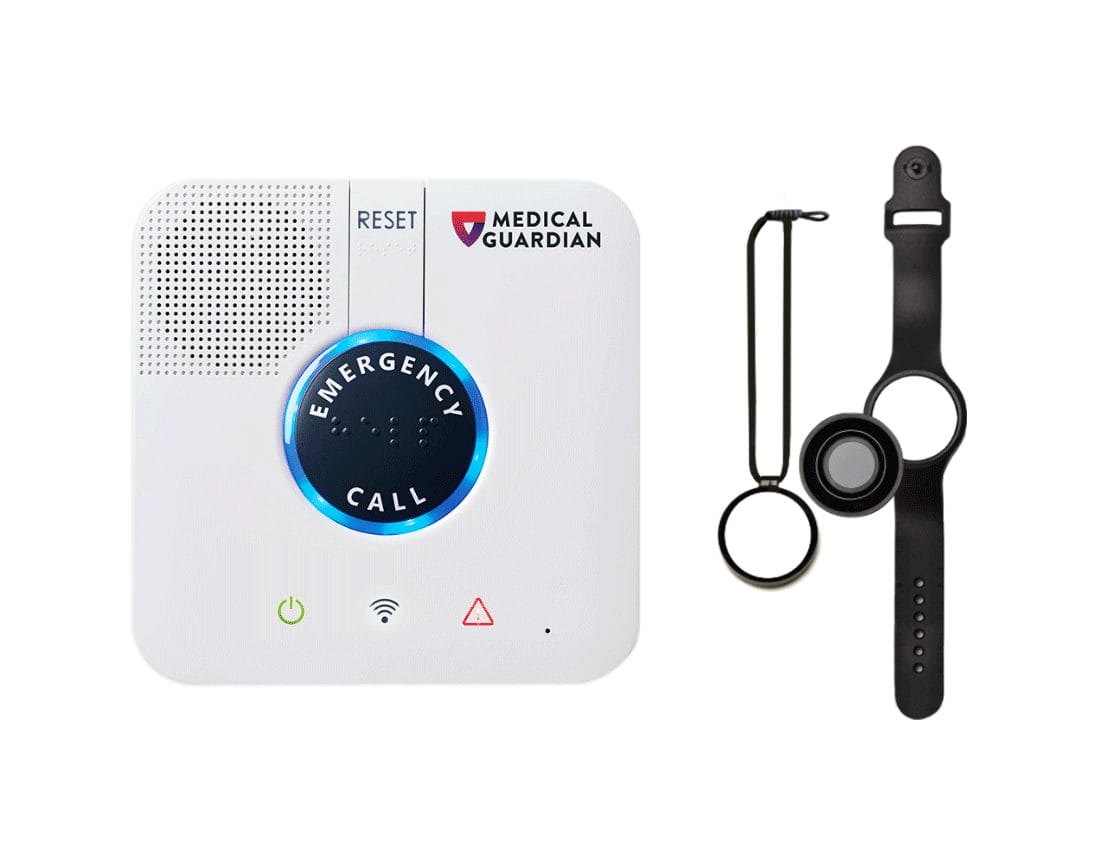
Getting your affairs in order is crucial to protecting your physical and financial well-being, assets, and family. It gives peace of mind to you and your family and ensures the outcomes you want. By completing a few legal documents, older adults can maintain control over their health, money, and property, all while empowering their families to respect and uphold their wishes. Here, we outline essential estate planning documents every older adult should have to help them get their affairs in order.
Estate planning documents for advance health care directives
Protecting your physical well-being and making your medical treatment preferences clear are two important steps for seniors trying to get their affairs in order. Below are estate planning documents older adults should consider adding to their overall estate plan to ensure that their medical wishes are known. Sometimes the purpose and power of each of these documents can be confusing. Let’s take a closer look at each and explore how they can benefit your estate plan.
An advance health care directive is an umbrella category for legal instructions that outline health care treatment preferences. Patients rely on an advance health care directive to communicate their medical treatment choices if they cannot do it for themselves.
Living will
A living will is a document that states your wishes regarding life-sustaining health care treatment if you are diagnosed with a terminal illness or are in a life-or-death medical situation. Your living will communicates your desires regarding end-of-life care, including treatments such as feeding tubes, life support, and ventilators. Living wills are effective under a limited set of circumstances, unlike durable powers of attorney for health care (discussed below).
Living wills and advance health care directives seem similar. The distinction is that an advance health care directive is any legal document outlining your health care preferences while a living will is a specific type of advance health care directive limited to terminal conditions.
Durable power of attorney for health care
A durable power of attorney for health care is a type of advance directive designating someone you trust as your health care representative should you become physically or mentally unable to express your wishes. The distinction between a durable power of attorney for health care and a living will is that a durable power of attorney for health care gives another person the authority to make medical decisions on your behalf, while a living will contains the medical care decisions you have already made for yourself.
Do-not-resuscitate (DNR) order
A do-not-resuscitate (DNR) order is a legal document in a patient’s medical record that states whether the patient consents to receive cardiopulmonary resuscitation (CPR) if their heart stops. Some people opt for signing a DNR if they are terminally ill or if their quality of life is poor and may become poorer after receiving CPR.
Estate planning documents for financial protection
People work hard to create a healthy financial situation, and protecting your money is important. You can put safeguards in place to ensure your financial affairs are handled as you age. From choosing a trusted individual who can make financial decisions on your behalf to determining who receives your money after your passing, these next documents will help you get your financial affairs in order.
Financial power of attorney
A financial power of attorney is a legal document that appoints an agent to manage a person’s financial and property affairs if they can no longer do so. A financial power of attorney gives an agent the power to do the following:
- •Manage retirement accounts.
- •Oversee life insurance policies.
- •Manage real estate.
- •File taxes.
- •Pay health care expenses.
- •Use the principal’s money to pay family expenses.
- •Access the principal’s bank account.
Totten trust
A Totten trust, also known as a payable-upon-death account, can be a helpful estate planning tool. Your bank can set up a payable-upon-death account, which allows a named beneficiary to receive the account’s contents automatically upon your death. It passes to the beneficiary without court involvement and outside of the provisions of your life insurance policy or last will.
Estate planning documents for asset protection
Protecting your property is as important as protecting your money. Fortunately, there are steps older adults can take to protect their assets and make sure they are distributed according to their wishes.
Last will and testament
A last will is typically the first estate planning document people complete. The requirements to make a last will vary depending on the state, but to have a valid last will, the drafter must comply with the following:
- •Be at least 18 years old.
- •Understand the extent of their property.
- •Sign the will in front of at least two witnesses.
Having a last will is important because it gives the drafter the power to decide and communicate how they want their assets to be distributed after their passing. In most states, if a person dies without a last will, they are considered to have died “intestate.” If a person dies intestate, the state laws of intestate succession apply to asset distribution.
Intestate succession governs how a deceased person’s property is distributed if they die without a last will. When the state applies intestacy laws, the statute decides who receives your assets. The typical order of succession is the following:
- •The estate is distributed among the surviving spouse and children.
- •If there is no surviving spouse, the entire estate goes to the children.
- •If neither a surviving spouse nor children exist, the deceased’s entire estate goes to their parents.
- •If the parents did not survive the deceased, then the estate goes to the deceased’s sibling(s).
- •If no other relative exists, some states distribute the estate to the deceased’s grandparents.
While this order of succession might align with your plans, your family won’t know your wishes unless you have a last will. They might disagree with the state’s decisions, possibly causing a family rift. A last will ensures that your family knows what you want and protects them from avoidable conflict.
Living trust
You may consider creating a living trust to protect your assets. A living trust is a legal arrangement made during a person’s lifetime among the property owner, a trustee (the person or entity that manages the trust), and the trust’s beneficiaries. The property owner places their assets in a living trust, and the trustee is responsible for managing and distributing those assets with the interest of the beneficiaries in mind.
While a living trust might sound similar to a last will, there are a few differences and reasons why you might consider having both. A person can have more control over their assets with this type of trust, as they can attach specific instructions about when and how the beneficiaries can access or use the properties and assets. Another difference is that with a living trust, the beneficiaries can avoid probate, the sometimes lengthy and costly legal process an estate goes through with a last will.
Estate planning tip: Hire an attorney to help
You should always consult an experienced estate planning attorney when considering adding end-of-life documents or other estate planning tools to your long-term plans. Utilizing the right tools for your situation can ensure a peaceful experience for you and your loved ones as you age.








